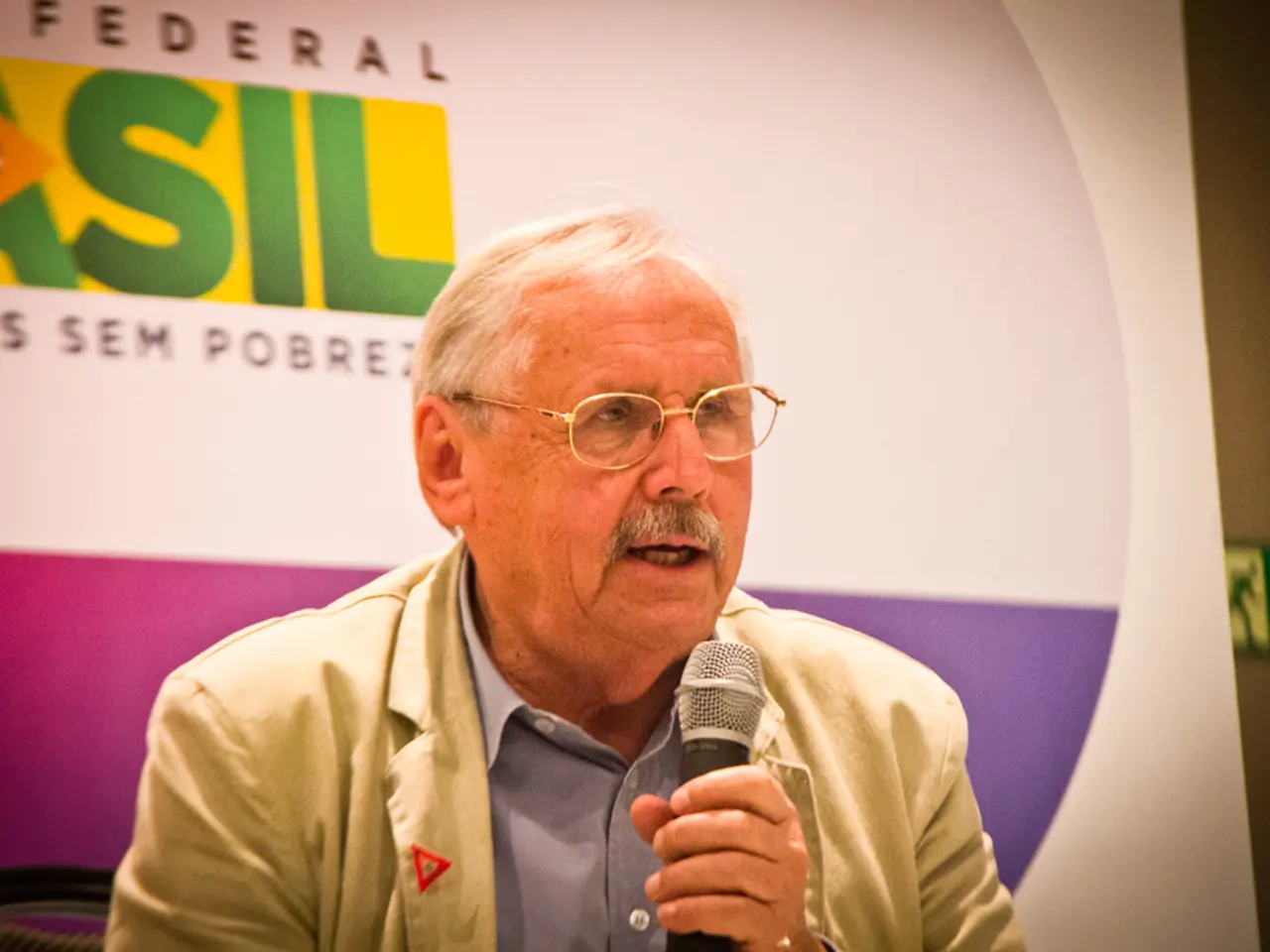Minister in Mainzcriticizes EU'sobstructionof six-lane motorway extension (A643)
News Article: A643 Expansion between Mainz and Wiesbaden Temporarily Halted by EU Commission
The expansion plans for the A643 between Mainz and Wiesbaden have faced a temporary halt, as the European Commission has expressed concerns about the project's environmental impact and compliance with EU regulations.
Current Developments:
The EU Commission's criticism centres around the potential damage to natural habitats, air quality, and sustainability targets within the region. Mainz's Environment and Transport Commissioner, Janina Steinkruger (Greens), has welcomed the EU decision, emphasizing the value of the protected area, "Mainzer Sand".
Rhineland-Palatinate's Minister of Economy and Transport, Daniela Schmitt (FDP), has spoken out with clear criticism, stating that the halt is due to the EU's criticism of an insufficient environmental impact assessment, lack of compensation measures, and inadequate testing of the 4+2 variant. Schmitt warns of the consequences of further delays, as the existing approach bridge is aging and a "safety-critical bottleneck".
Potential Solutions and Approaches Being Discussed:
Authorities are exploring designs that minimize environmental damage, such as incorporating green bridges, noise barriers, and improved drainage to protect local ecosystems. To reduce traffic volume and environmental load, there is a push for better public transportation options linking Mainz and Wiesbaden alongside the highway improvements.
Implementation of smart traffic management systems to optimize flow and reduce congestion without necessarily expanding road capacity extensively is also being considered. Increased dialogue with the EU Commission, local governments, environmental groups, and residents is crucial to find an acceptable middle ground. Comprehensive impact assessments and legal reviews are being conducted to ensure compliance and preempt further criticism from EU bodies.
The Way Forward:
Rhineland-Palatinate’s officials favor a balanced approach that supports economic development while respecting environmental imperatives, pushing towards sustainable infrastructure solutions rather than unchecked expansion. Minister Schmitt considers the six-lane expansion of the A643 "indispensable", but concedes that the 4+2 variant, with its minimal land use, may not offer a reliable traffic effect.
The Federal Transport Minister Patrick Schnieder (CDU) is expected to make it clear in Brussels that Germany stands behind the A643 expansion, as demanded by Schmitt. However, the EU Commission's temporary halt presents a significant challenge, and a collaborative approach between all stakeholders will be essential to find a solution that balances the needs of the economy, mobility, and the environment.
The other industry, concerned about the delay in the A643 expansion, has raised concerns over potential implications for logistics and trade between Mainz and Wiesbaden. The finance sector may also face uncertainty due to this project's financial commitments, as the temporary halt might affect budget calculations for future infrastructure projects.
While exploring sustainable infrastructure solutions, discussions have emerged about incorporating smart traffic management systems to not only optimize flow and reduce congestion but also help finance the project through tolls or usage fees. Engaging with the EU Commission, local governments, and environmental groups can potentially provide funding opportunities from grants or low-interest loans, thus supporting the A643 expansion financially.




